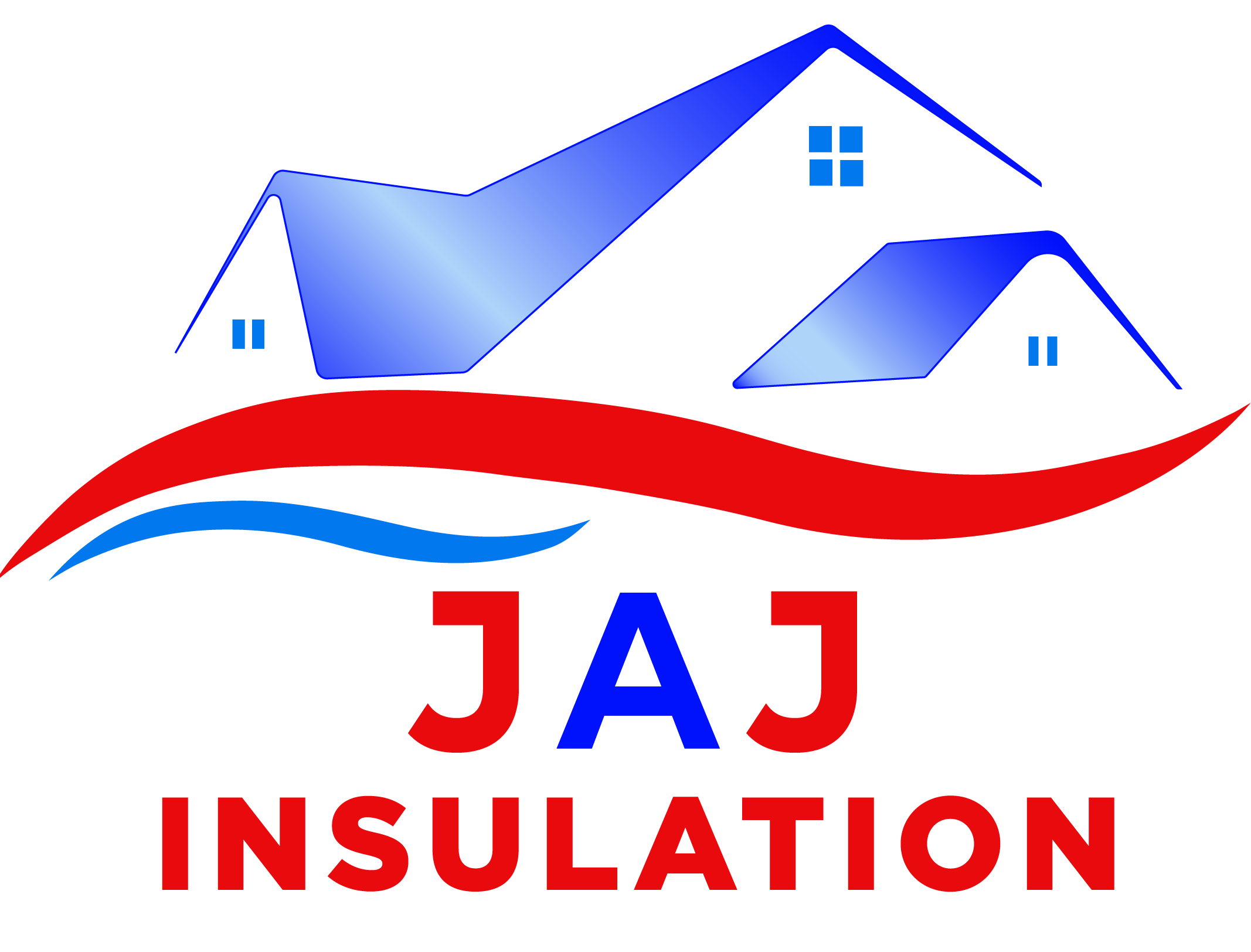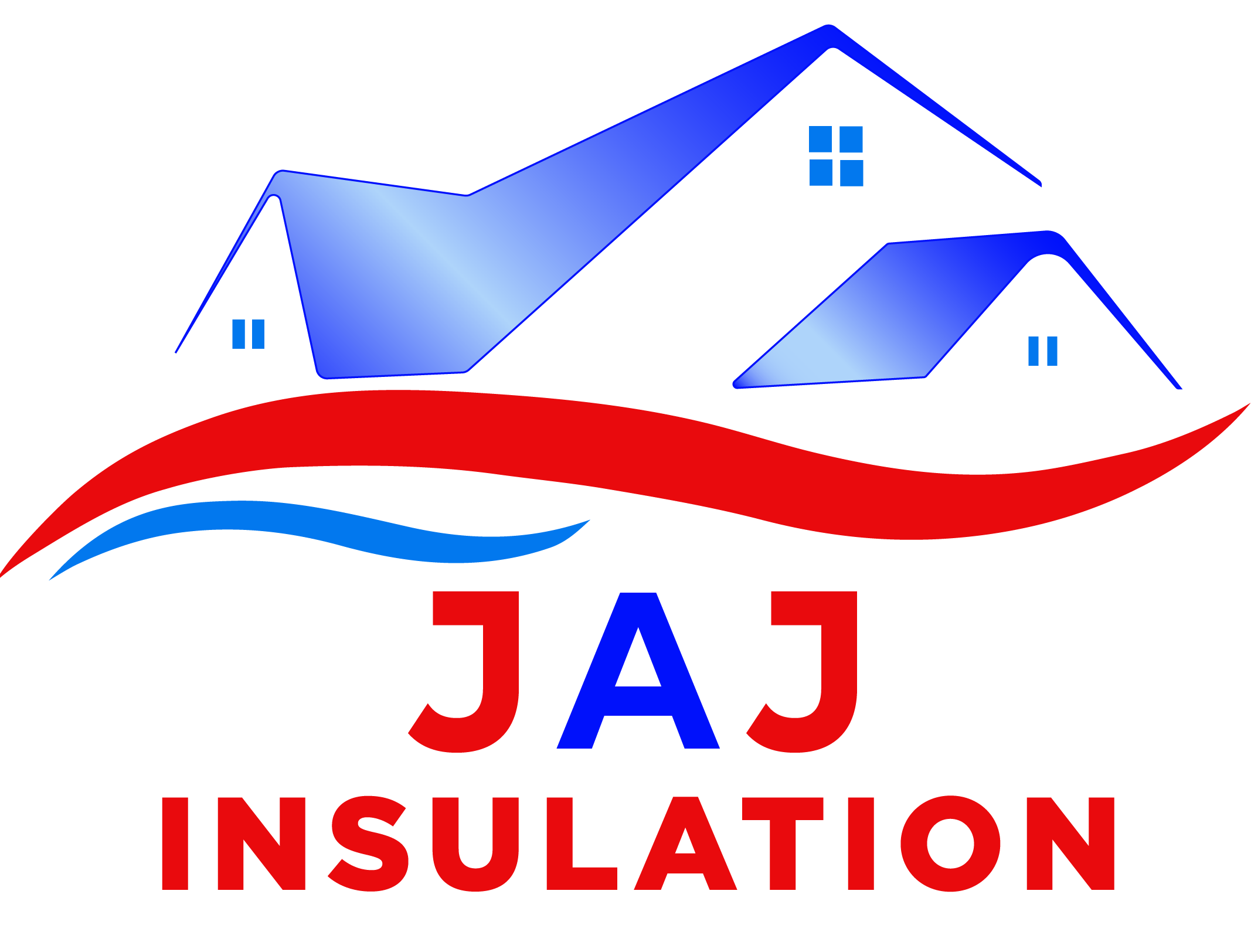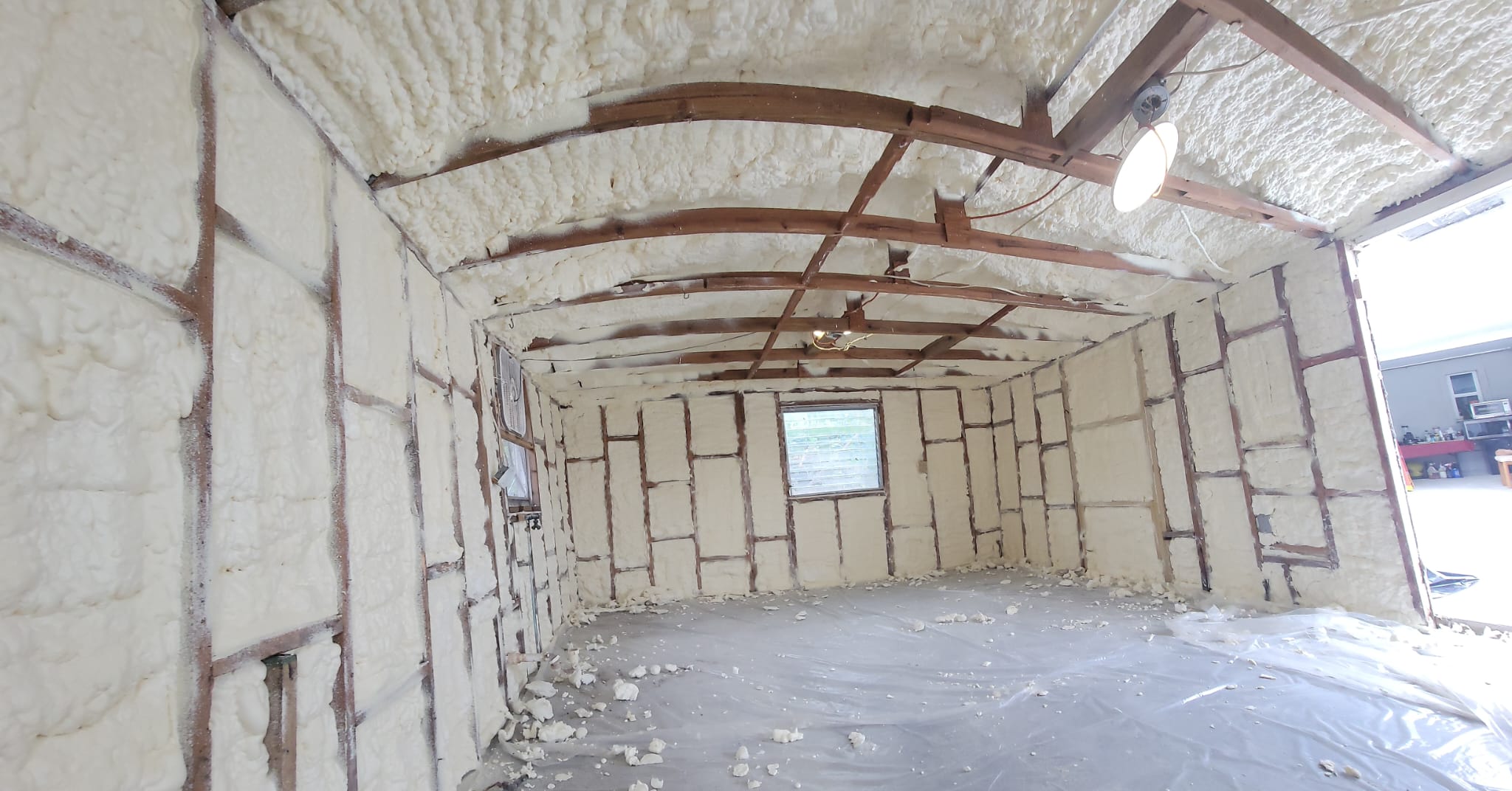Call us: (305) 879 6066
When it comes to fin find the best insulation for your home, one size certainly doesn’t fit all. With the myriad of insulation types available, finding the best wrap for your unique needs can be a daunting task. But fear not, as we’re here to demystify the world of insulation and help you make an informed choice for your home’s comfort and energy efficiency.
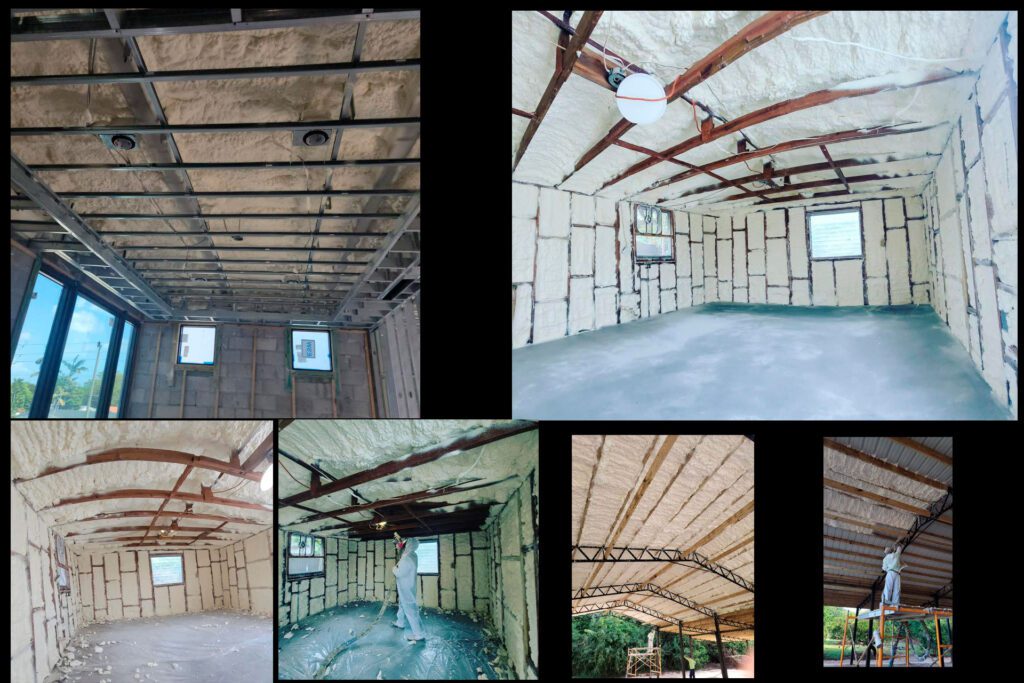
Understanding Your Insulation Needs
Before delving into cover types, it’s crucial to assess your specific requirements. Several factors come into play, including your location, climate, budget, and personal preferences. Let’s explore the most common wraps options and how they stack up:
1. Fiberglass
- R-Value: Fiberglass insulation boasts a wide range of R-Values, making it adaptable to various climates.
- Pros: It’s cost-effective, fire-resistant, and readily available.
- Cons: Fiberglass can be irritating to the skin and respiratory system, and improper installation may lead to air gaps.
2. Cellulose
- R-Value: Cellulose offers a competitive R-Value, especially when densely packed.
- Pros: It’s eco-friendly, composed of recycled materials, and highly effective at reducing air infiltration.
- Cons: Cellulose may sag over time, potentially reducing its effectiveness.
3. Spray Foam
- R-Value: Spray foam insulation provides one of the highest R-Values per inch, offering exceptional thermal performance.
- Pros: It provides an air-sealing effect, preventing drafts and moisture infiltration.
- Cons: Professional installation is essential, and it tends to be more expensive than other options.
4. Foam Board
- R-Value: Foam board is available in varying thicknesses, allowing you to choose your desired R-Value.
- Pros: It’s moisture-resistant, doesn’t sag, and can be installed in specific areas where air leaks are common.
- Cons: Foam board may require additional fire-resistant coatings in certain applications.
5. Mineral Wool Insulation
- R-Value: Mineral wool offers a respectable R-Value, suitable for most climates.
- Pros: It’s fire-resistant, mold-resistant, and provides excellent soundproofing.
- Cons: It can be denser and heavier than other insulation types, potentially making installation more labor-intensive.
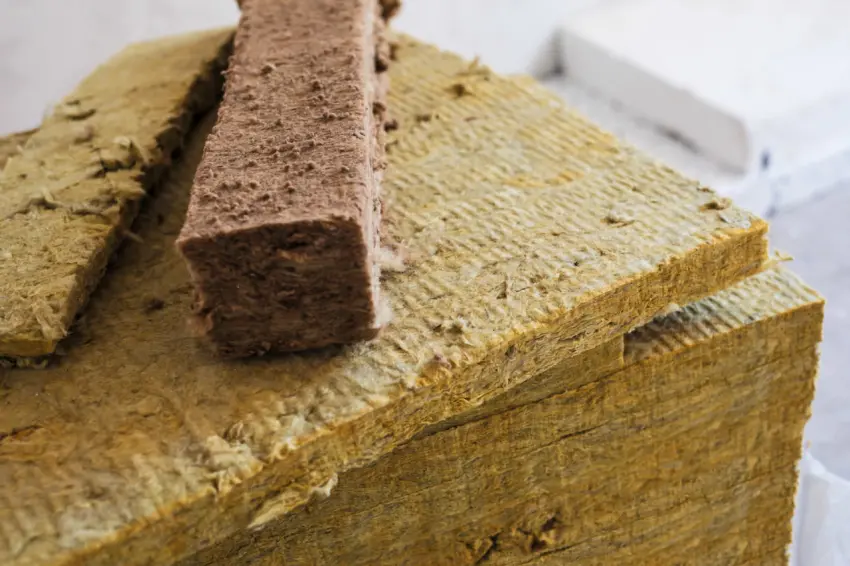

The Role of Insulation Experts
While understanding insulation types is a crucial step, consulting with professionals is equally vital. They can evaluate your home’s specific requirements, climate conditions, and wraps goals to recommend the best type and R-Value. Moreover, experts ensure proper installation, maximizing the effectiveness.
Conclusion
In conclusion, there isn’t a one-size-fits-all answer to the question of the best insulation for your home. The right choice depends on various factors, and a consultation with professionals is invaluable. By considering your specific needs and relying on expert guidance, you can select the insulation that provides optimal comfort, energy efficiency, and cost-effectiveness for your home.
